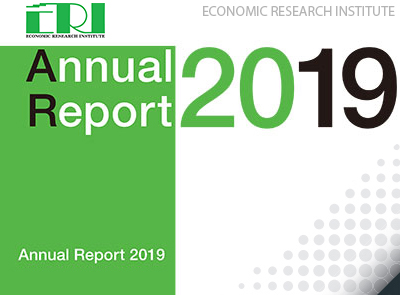The main objective of this study is to assess the impact of the Fiscal Stability Fund (FSF) and the Future Heritage Fund (FHF) on the economy. The FSF was established in 2011 when the FSL was implemented. The purpose of the FSF was to mitigate fiscal expenditure fluctuations caused by swings in mineral commodity prices and to encourage sustainable economic growth. In addition to the FSF, the Government of Mongolia (GoM) established the Future Heritage Fund (FHF) in 2016 to allocate mineral wealth across future generations. To assess the impact of the wealth funds, we developed an in-house dynamic computable general equilibrium (CGE) model which is used to simulate the economy for the next 23 years under four scenarios. To calibrate the model, we built a 2017 Mongolian Social Accounting Matrix of Mongolia. As the results suggest, the FSF has a stabilization effect on budget revenue, budget expenditure and macroeconomic variables. On the other hand, the FHF decreases the economic growth while helps to allocate the mineral wealth of the country across generations restraining budget expenditure growth.
 en
en mn
mn